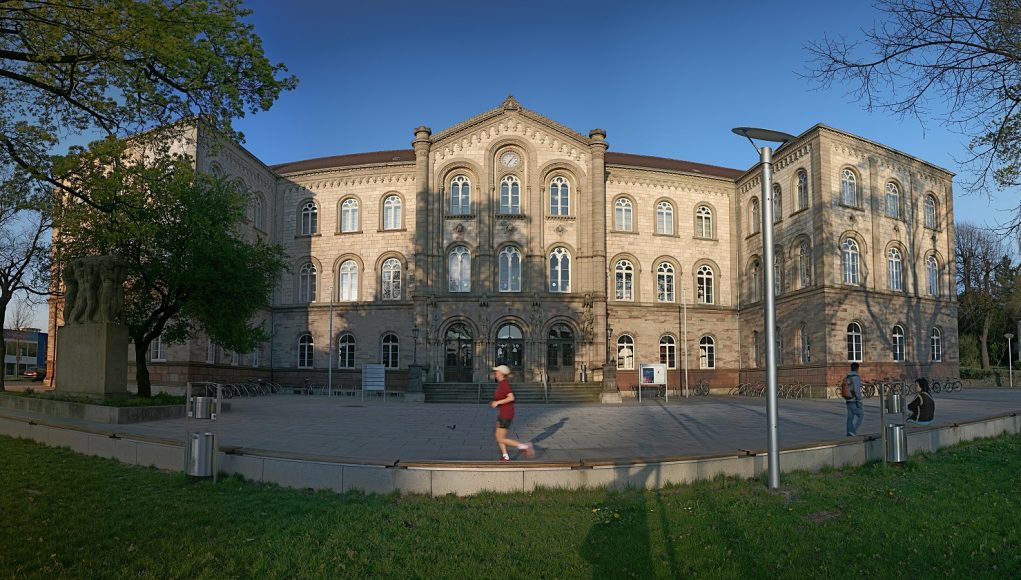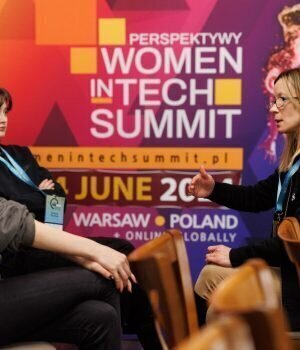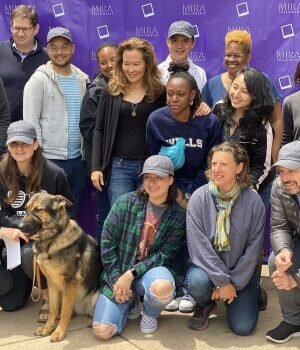Deadline: February 28, 2017 | Apply here
Dates: July 10–21, 2017
Eligibility: BA-, MA- and beginning PhD students from any discipline who are interested in learning about the many facets of data science (e.g., data management, program analyzing, analyzing data, communicating results, etc.)
Location: Göttingen, Germany
Göttingen Data Science Summer School 2017
The use of the term “data science” is increasingly common, as is “big data”. But what does it mean? What is unique about it? What skills do “data scientists” need to be productive in a world deluged by data? And what are the implications for scientific inquiry?
The fast adoption of advanced technologies by research communities enables new ways for generating, processing, structuring, and the collaborative use of data. This does not only have a profound impact on the amount of data produced, but also on the variety of data formats and the velocity of data generation and handling.
With digital technology, new scientific questions can be addressed and old problems can be tackled, for which the technology has not been available so far. Consequently, scientists and research organizations have to cope with organizational challenges to manage data effectively and efficiently to support excellent research. It is, therefore, essential to acquire the skills necessary to deal with the evolving requirements.
This two-week summer school will be an extremely interesting, interactive, and intensive course. It aims at advanced BA-, MA- and beginning PhD students from any discipline who are interested in learning about the many facets of data science (e.g., data management, the program analyzing, analyzing data, communicating results, etc.).
In a series of lectures, the participants will be introduced to the field of data science from different vantage points. Practical sessions will allow students to apply different theories and methods in practice, both individually and in teams.
Topics will cover:
- Data lifecycle and data management
- Infrastructures and Platforms
- Mathematical and Statistical Methods
- Text Analysis
- Visualization & story telling
- ELSA
- Application Examples
All topics will be complemented with exercises from real world examples, and project experience from our broad range of experts in the field.
In addition, there will be short presentations, enabling participants to present and discuss their work.
The Social Program includes:
- Guided Tour in Göttingen
- Boderlandmuseum Teistungen
- Visit of the Castle ruin Plesse
- Computer Museum GWDG
- Participants will be granted 6 ECTS credit points
Credits in ECTS can only be obtained after successful completion of the work-load required. Student workload in ECTS consists of the time required to complete all planned learning activities such as attending lectures, seminars, independent and private study, preparation of projects, examinations, and so forth. The Summer School will take place at the historical building “Alte Mensa”, located at the Wilhelmsplatz in the center of Göttingen.
Costs
- Participation is free of charge for the selected candidates;
- Due to funding by the University of Göttingen, the Summer School will be able to offer travel grants for international participants from cooperating institutions. The travel grants are paid as fixed country-specific travel allowances
- The Summer School also provides free organized accommodation in double rooms for the selected international participants from cooperating institutions
- All other individual costs related to the participation in the summer school (entrance fees on excursions, food, etc.) have to be covered by the participants themselves (or by their respective home institutions)
- Participation is also possible on a self-paying basis. Please note, that an application is also necessary in such a case.
For more opportunities, check our opportunities sections and subscribe to our weekly newsletters.






